8. The Perks of Being a Wallflower (Stephen Chbosky, 2012)
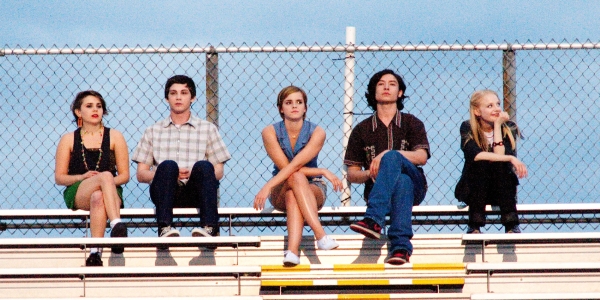
The Perks of Being a Wallflower, the book, came out almost a decade and a half ago, and is set around the beginning of the 90s. Author Stephen Chbosky’s work in writing it and the enduring impact of his book are consummate proof that certain aspects of young generations are immutable, no matter how different and special they think they are.
The psychological and social aspects of Charlie’s story are also very much timeless, as the film adaptation, also helmed by Chbosky, proved in 2012. It translates teenage angst into real, important issues, and serves as a welcome relief for young viewers, who are probably tired of Hollywood movies treating their struggles as comedic fodder or negative character traits.
Charlie and Sam’s relationship is one of the highlights, with the introspective male lead crush on his extroverted new friend serving as a framing device for the movie, and representing the ways reality sets in and interferes with the process of idealizing our loves.
In the middle of their affair Mary Elizabeth (Mae Whitman, understated and wonderful as usual) waltzes in, providing Charlie with a comfortable (and unfulfilling) alternative, and having her heart broken in the process. Patrick’s struggle to get rid of a toxic relationship with a closeted football player who’s ashamed of their involvement is also part of the picture in The Perks of Being a Wallflower’s very complex and precise portrait of young infatuation.
7. Boyhood (Richard Linklater, 2014)

Boyhood’s formidable 12 year narrative encompasses so many themes and reflections and moods it’s hard to pinpoint the pivotal thematic core to Richard Linklater’s organically constructed script.
Mason’s parents are one obvious focal point of it, since Patricia Arquette and Ethan Hawke’s characters mean so much to the film’s lead, and watching his relationship with them and their own personal lives develop through the years is one of Boyhood’s fundamental pleasures. As the final take of this colossal journey demonstrates, though, Linklater’s also interested, in his own way, in Mason’s sexuality and romantic relationships.
His only long-time girlfriend throughout the movie is Sheena (Zoe Graham), and Linklater depicts this romantic relationship the only way he could: the two lovebirds are united here by a true sense of intellectual and spiritual kinship, by a similar feeling of inadequacy towards the world, even though Sheena works that inadequacy inside, and Mason feels the need to express it, be it in his art or in speech.
Boyhood is a talky movie, and the couple’s dialogues are almost always one-sided, so Linklater’s eye is never really missing the reason why they eventually call it quits – nevertheless, it’s also never missing the beauty and weight of their memories together.
6. The F Word (Michael Dowse, 2013)
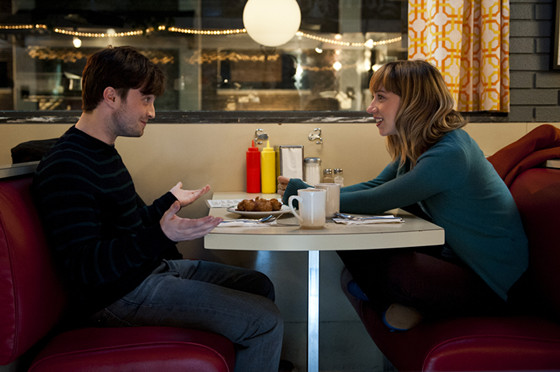
The misogynistic myth of the “friend-zone” is deftly handled in Michael Dowse’s The F Word. As adapted from a stage play by screenwriter Elan Mastai (The Samaritan), the movie turns the story on its head while following both of its protagonists through a journey of self-discovery and mutual knowledge of each other.
Zoe Kazan plays Chantry, a quirky and enchanting girl who could’ve been easily reduced to a “manic pixie dream girl” type in most romantic comedies – The F Word gives her space and time to breathe and turn into a complex, smart human being, with her own journey and her own story to tell. It just happens to intertwine with Wallace’s (Daniel Radcliffe) story, as they meet and become best friends. Wallace is fresh out of a serious relationship, and Chantry is already in one of her own.
This is a rom-com in the most fundamental sense, since it starts with the main characters in a place where they don’t seek for a relationship with one another, and ends with a “happily ever after” scenario (or something like it).
The maturity and charm of what happens in between is what makes The F Word an unusually good rom-com – with immeasurable help from Radcliffe and (especially) Kazan’s lived in performances, the movie anchors itself as a firm disbeliever on the conventional ways Hollywood movies depicts both male-female friendship and budding romances. It’s a sweet treat, tiptoeing and drawing that thin line between friendship and romance in a smart manner.
5. (500) Days of Summer (Marc Webb, 2009)
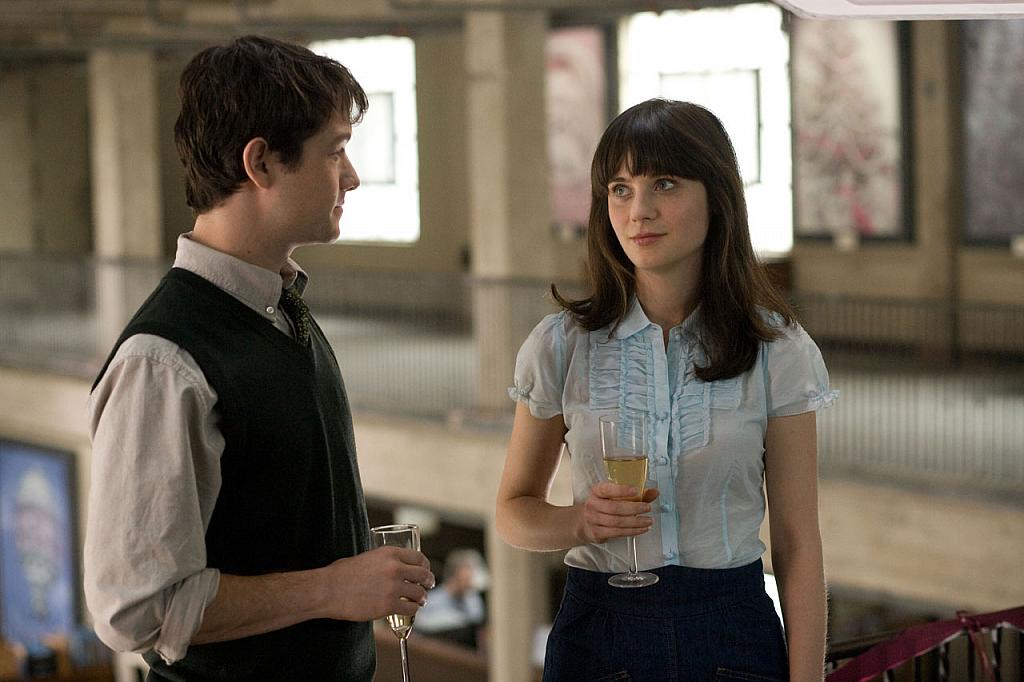
Simultaneously much-loved and much-maligned, (500) Days of Summer could be a perfect case study for the way rom-coms too often focus on the male perspective of a relationship, if it didn’t went against those same kinds of conventions so effortlessly. Yes, this is fundamentally the story of Tom (Joseph Gordon-Levitt), a young guy who falls for Summer (Zooey Deschanel), and the titular 500 days it takes to meet her, date her, break up with her and get over her.
It tells Summer’s story too, but as little more than a device to tell Tom’s – and yes, that should be a problem. And though Deschanel is, as of today, the prime example of Hollywood’s manic pixie dream girl, Summer isn’t, especially as the script reveals layers and complexities about her feelings toward love and relationships.
(500) Days of Summer deserves to be on this list because it builds itself carefully as a study on the dichotomy of the generation if portrays, positing Tom as the neoromantic guy whose mind has been spoiled by pop culture’s depictions of love, and Summer as the cynic type to whom these same depictions only made her more incredulous of the mere existence of true love.
The way their relationship work, and the aftermath of it, supports Marc Webb’s expertly crafted movie as one of the most effective, strangely realistic rom-coms of recent memory.
4. Weekend (Andrew Haigh, 2011)
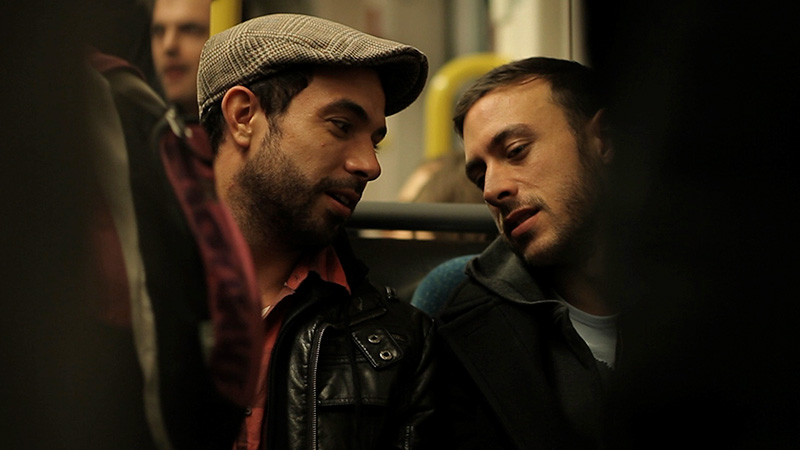
The only depiction of homosexual love in our list, Weekend earns its spot thanks to the immense talent of Andrew Haigh, its director and writer. Haigh would go on to produce, direct and write HBO series Looking, and the critically acclaimed movie 45 Years – his raw approach to filmmaking thrives in the story of two men (Russell and Glen) who meet at a gay club, spend the night together, and eventually try to figure out if they are meant for something more than that.
It’s rare to see that kind of process in romantic movies, even nowadays, and that’s quite a problem, since it’s such a common starting point for so many relationships.
Weekend is not an optimistic movie, but it’s a very honest one, trading on Tom Cullen and Chris New’s naturalistic performances to give Russell and Glen’s story an authenticity missing from some movies (even the ones on this list).
The problems and obstacles these characters find within themselves and their relationship feel real, mostly because Haigh’s movie is heavily reliant on the dialogue and frankness between them. There’s something special about these two men and the bond they reluctantly share.
3. 6 Years (Hannah Fidell, 2015)
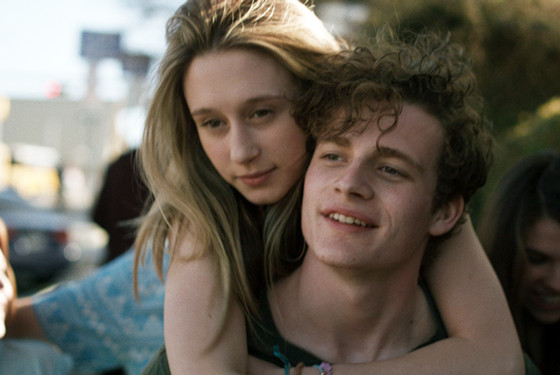
With largely improvised dialogue and a sturdy focus on the details of the intimacy between couple Melanie (Taissa Farmiga) and Dan (Ben Rosenfield), 6 Years is a precise portrait of the inevitable boredom of a long-time relationship, shedding light unto both the sweet and the heartrending aspects of it.
Director Fidell (A Teacher) brilliantly navigates this childhood-sweethearts type of relationship, smartly conveying their co-dependency and the doubts that start to hang over their heads as they realize things about themselves and who they are together that they chose to ignore for the past half-decade. 6 Years is a sad movie, verging on the melodramatic, but held on short leash by its director and its cast.
Farmiga is surprisingly excellent as Melanie, navigating her thoughts and feelings with the type of quiet ease that doesn’t seem natural to a 21-year-old actress. She probably gets it from her older sister Vera, that uncanny ability to take us into the character’s headspace and portraying honestly and fearlessly their vices and virtues.
Rosenfield also has his moments, and the loose script gives way to wonderful little scenes like the one where Melanie and Dan discuss the possibility of watching porn to spice up their relationship. 6 Years is (sometimes brutally) sincere, and painfully accurate too.
2. Like Crazy (Drake Doremus, 2011)
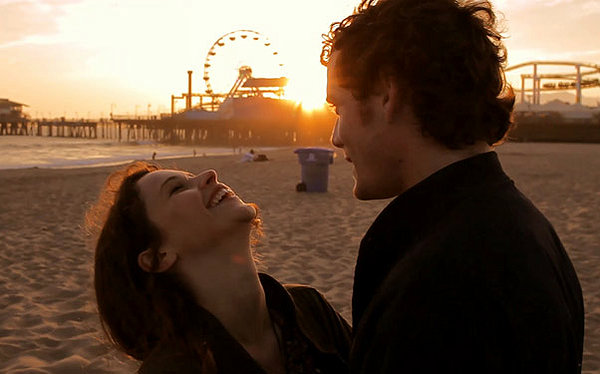
Not one for the old-fashioned romantics, Like Crazy tells the story of a British college student (Felicity Jones) who falls for an American (Anton Yelchin) while on her student exchange program.
After overstaying her visa to enjoy one last day with him, however, she’s banned from the US, and what follows is a painful movie about distance, change and the things we don’t say about love. Doremus and cinematographer John Guleserian (About Time) construct such a lovely portrait of the intimacies of their brief relationship in America, and then change approaches gradually as their situation start to feel more hopeless. By the end of the movie, distance is not the only thing separating them.
Yelchin gives a lovely, sensitive performance as Jacob; Jones is still flexing her muscles here for the big roles that would come in her career, but she’s still terrific; and Jennifer Lawrence’s small part is pivotal do the movie’s narrative. Winner of the Grand Jury Prize at Sundance, Like Crazy is one of the most accurate depictions of long-distance love, striving to not idealize it and still portraying the bond that unite these two young people to each other.
1. Les Chansons d’Amour (Christophe Honoré, 2007)

The second film by Honoré on this list takes the top prize simply because of the way it encompasses so much of today’s spectrum of different desires and models of relationships – and sets it all to some great music by Alex Beaupain. Les Chansons d’Amour is a musical by the way of the French, which means its numbers are much more contrived and there’s virtually no set pieces or fantasy elements.
Louis Garrel’s performance anchors the movie as Ismael, part of a three-way couple that gets separated in the beginning of the movie by the death of one of them. Ismael and Alice (Clotilde Hesme) have to deal with the loss of Julie (Ludivine Sagnier), their mutual lover, while her sister Jeanne (Chiara Mastroianni) is also in the picture.
In a lot of ways, Les Chansons is beautiful because it doesn’t see the need to dramatize or even trouble itself with the fact that Ismael, Alice and Julie formed an “unconventional” relationship. It also doesn’t overplay the fact that Ismael eventually falls for Erwann (Grégoire Leprince-Ringuet), a younger guy.
Les Chansons approach to bisexuality is making it not that big a deal, focusing on the mourning process Ismael and Alice go through, beautifully detailing the way they were together, a complicated and quite charming relationship like almost every other one on rom-coms around the world.
Author Bio: Caio Coletti is a Brazilian-born journalist, a proud poptimist, and has too many opinions to keep them all to himself.